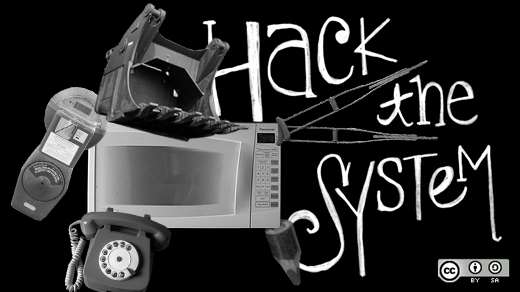For some time now, I have been saying that the way we do business is broken. I guess I should say that our models for achieving success are no longer sustainable. In fact, we have outgrown our one-size-fits-all approach to business process, leadership, and structure. Something has to give ... and it has.
In his new book, Under New Management, David Burkus peels back our stale expectations of leading and managing and opens our eyes to new and innovative approaches to business. To the classically trained leader, his concepts can be downright provocative and will challenge the very core of their beliefs. Some mind-bending examples include: outlawing email, paying people to quit, ditching performance appraisals, firing the managers, and writing org charts in pencil. The managerial curmudgeon might scoff at these ideas as fantasy and think they will never work.
Burkus anticipates these arguments and takes the additional steps needed to move the reader from ethereal to relative by offering examples of organizations who are successfully embracing these very ideas. While many of these new concepts may be born out of the technology industry, Burkus offers examples outside of the tech field—real case studies from Volkswagen, Wegmans, Shake Shack, Starbucks, and Whole Foods.
Gone are the days of "this is not how we do things around here," and I couldn’t be happier. This century requires new ways of thinking and new approaches. These approaches may very well go beyond the ideas of outlawing email and losing the standard vacation policies. We don’t have to agree with everything in the book—but I think Burkus invites us into something deeper. He invites us to free ourselves to pave the way and come up with new and creative ideas that feed the human spirit and engage human happiness and productivity in the process. Under New Management should be one of the keys that release us from the old ways of thinking and finally give us permission to break the rules.
I strongly recommend that every leader read this book and then imagine the possibilities when we begin to “redesign the factory” and develop meaningful change in our own companies.
An earlier version of this article appeared at Maximum Change.






Comments are closed.